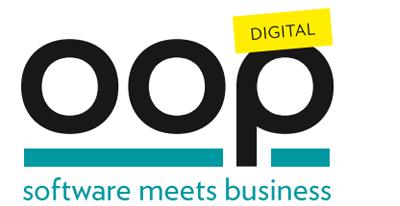Please note:
On this page you will only see the English-language presentations of the conference. You can find all conference sessions, including the German speaking ones, here.
The times given in the conference program of OOP 2023 Digital correspond to Central European Time (CET).
By clicking on "VORTRAG MERKEN" within the lecture descriptions you can arrange your own schedule. You can view your schedule at any time using the icon in the upper right corner.
Track: Half Day Tutorial
- Montag
06.02.
Today we must deal with shorter time-to-market, increasing complexity and more agility while keeping quality and other key system properties high.
To address these challenges the right balance in testing w.r.t. independence, timing, automation, and formality is critical but often not explicitly tackled.
Therefore, in this interactive tutorial we reflect on our current approach on balancing testing, investigate and discuss needed strategies, tactics, and practices, and share experiences to…
Approval testing is a technique that helps you to get a difficult codebase under test and begin to control your technical debt. Approval testing works best on larger pieces of code where you want to test for multiple things and interpreting failures is challenging.
In this hands-on session we'll introduce a commonly-used Approval testing tool for Java and through hands-on exercises learn to get control of some example code. The same tool is also available for many other programming languages,…
Join this tutorial to experiment with a self-reflection process, designed to bring balance into your own development journey.
Rooted in professional coaching practices from Co-Active Coaching, connected with several Liberating Structures, and inspired by ideas from Emotional Agility, this session will help you clarify your goals and aspirations as well as find the right balance for 2023.
Why do you do what you do? What’s important to you about it? What’s next?
Discover answers to these…
How often have you heard that “Yes this is important, but we don’t have the capacity right now” or “sure let’s put it in the backlog”?
At least 1 in 5 people in the UK have a long-term illness, impairment or disability. Many more have a temporary disability. A recent study found that 4 in 10 local council homepages failed basic tests for accessibility.
Bring a laptop.
Max. number of participants: 20
Target Audience: Everyone
Prerequisites: None
Level: Basic
Extended Abstract:
How often have you…

